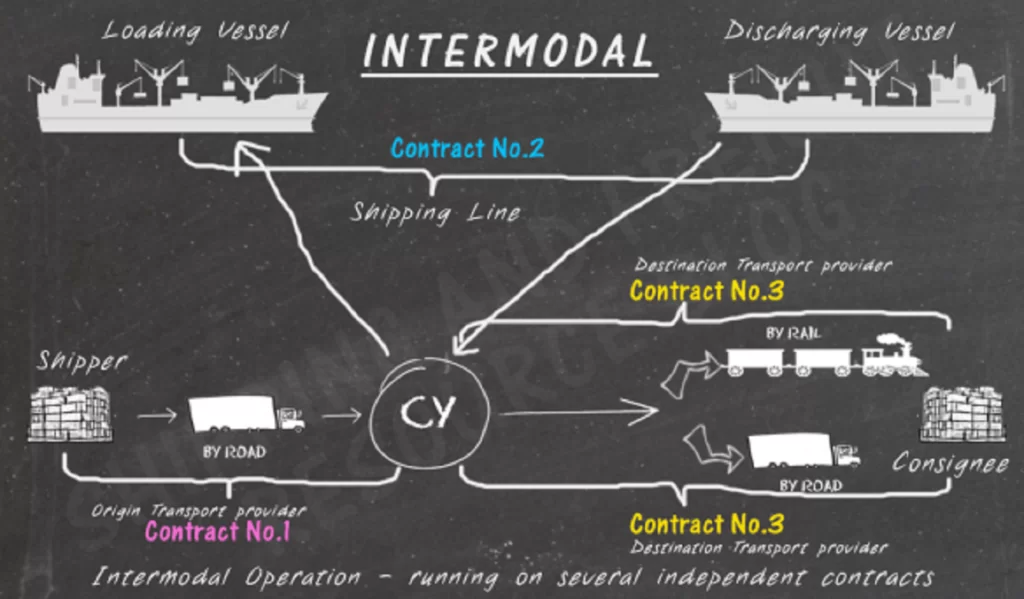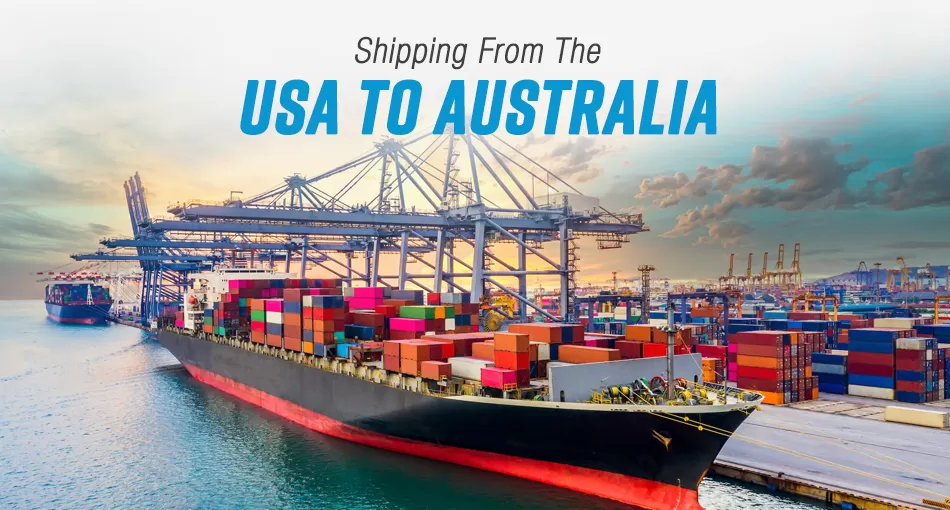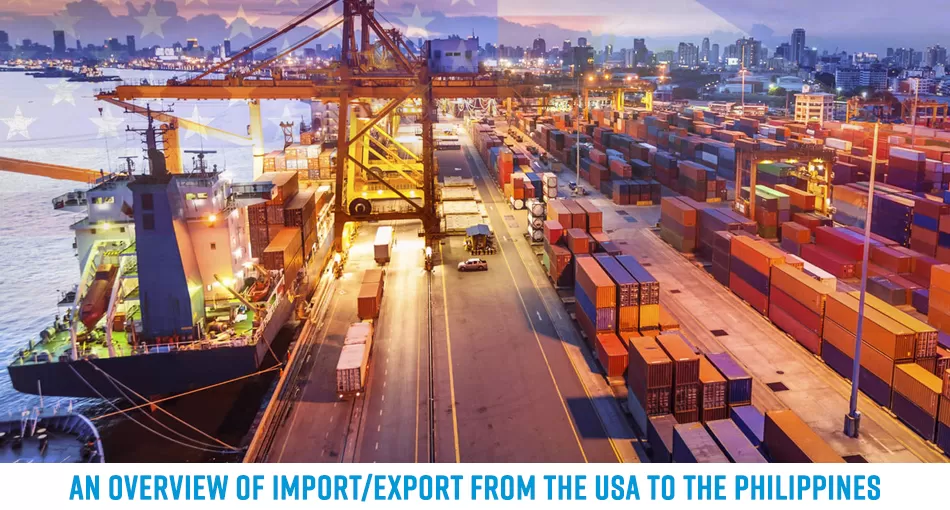Multimodal and intermodal shipping are the two terms that are used extensively in the logistics industry. Whether you are a seasoned entrepreneur or a new kid on the block, you need to understand each term and their differences if your business requires any type of import or export. So, let’s see what multimodal and intermodal shipping are all about?
Multimodal shipping attributes to the transportation of cargo under a single contract with a sole carrier, involving more than one means of transport. The carrier, referred to as multimodal transport operator (MTO), is legally responsible for the entire shipment; even though it often hires subcarriers (called ‘actual carriers’ in legal terms) who move the cargo.
On the other hand, Intermodal transportation involves the movement of cargo using intermodal containers or vehicles from the origin to the destination via several modes of transportation – each by an individual carrier with an independent contract. This method of shipping doesn’t require direct handling of the cargo even while changing the mode of transportation.
In short, both multimodal and intermodal shipping involves multiple modes and carriers. However, the ‘bill of lading’ (contract) and the transport liability lie with a single carrier for the former and with many in case of the later.
Both multimodal and intermodal transportation offers its own benefit to the shipper. Let’s understand why you should choose one over the other.
Advantages of Multimodal Transportation:
- Shipment can be tracked easily.
- Can be shipped to faraway geographies without contacting multiple carriers; since the entire transport responsibility lies with a single carrier.
- Reduced delivery time.
- Reduced expenses due to minimal logistics coordination.
- Simpler legal procedure in case of any dispute since there is only one carrier to sue.
Advantages of Intermodal Transportation:
- Shippers can choose their carriers for each leg based on rates and service.
- Overall control on each leg and transit schedules.
- Flexibility during loading and unloading of cargo at various ports.
- Better security of the cargo.
- Access to equipment.
So, from the above, it is clear that, if you want absolute control over your shipment and isn’t afraid of putting some hard work, you should choose Intermodal shipping. However, if you lack time and resources, or simply want to avoid all the complexities related to shipping, go for Multimodal shipping.




